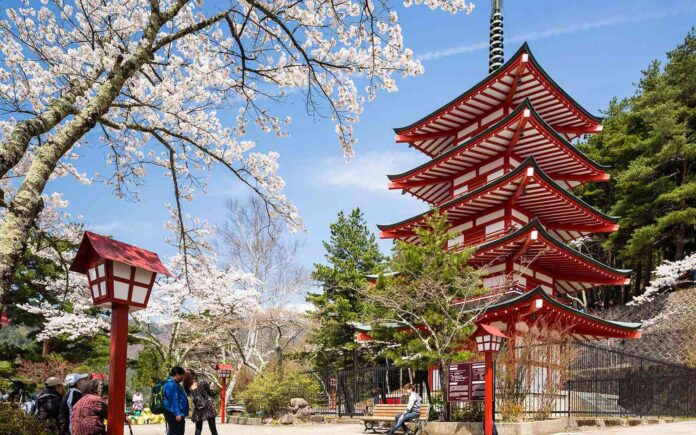Travelers are likely to find many surprising and unexpected things in Japanese culture. We have made a simple list of 10 things to know and realize that will be useful to make a fun trip around Japan without experiencing embarrassing problems or situations.
1- English

Although English is part of compulsory education, in most cases, Japanese do not speak English as you would expect, causing shock to some visitors who have a different imagination or perception of Japan and the Japanese people.
Furthermore, people’s English-speaking abilities usually decrease as they move away from major cities and tourist destinations such as Tokyo, Osaka, and Kyoto. The majority of the population in rural areas and far from the hustle and bustle of cities are the elderly.
But don’t worry, most of the people you’ll meet will do their best to help you, and you’ll find some offices that provide information to visitors in English in popular tourist areas, such as Harajuku and Asakosa in Tokyo. It may also be better to learn some simple and useful Japanese words before or during your journey so that you can make things easier for yourself and enjoy your journey without problems or complexities.
There are English-language menus in well-known restaurants and cafes, as well as street signs and public transport such as buses and metros. For example, all train lines in Japan provide guidance in English and station names within train vehicles. If you fade or feel that there is something wrong, do not hesitate to seek help from station workers or security personnel.
2- Cash and credit cards
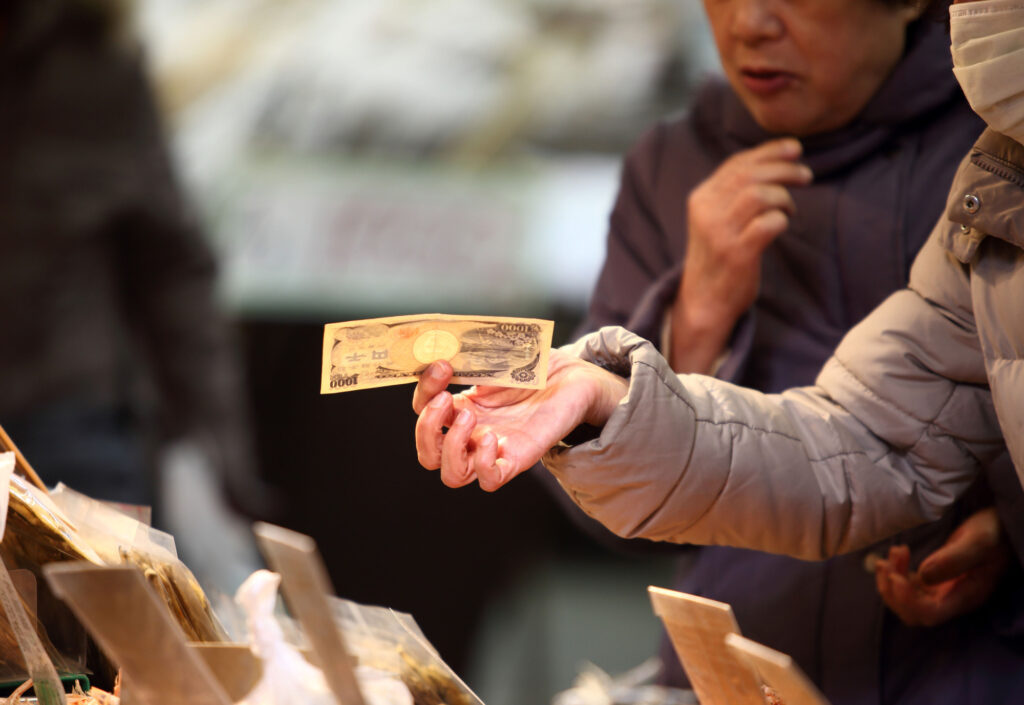
There are no limits on the amount of money allowed to be entered or removed from Japan. However, if you transfer (i.e., currency, check, securities, or any other money) in excess of 1 million yen in Japanese currency to or from Japan, you must complete a customs declaration form.
Although shops, restaurants, and other commercial companies usually accept credit cards, Japan is still a society that relies largely on cash or liquid money. So you better bring cash with you, but if you run out, don’t worry.
ATMs in stores, including Seven Eleven, Lawson, and Family Mart, usually accept international cards. There are more than 14,700 SevenBank ATMs located everywhere in Japan, and services are provided 24 hours a day in English, Korean, Chinese, and Portuguese.
Keep in mind that you will have to pay cash when buying tickets for public transport, including metro, train, and bus tickets.
3- Public transport and communications
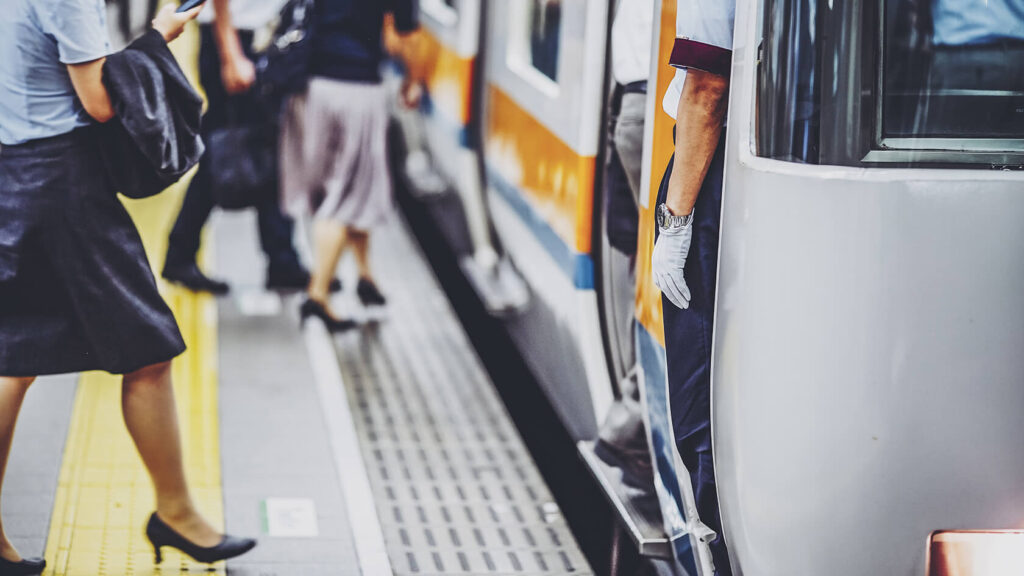
Unless you have rented a car, you are likely to use a large amount of public transport and transportation to travel and move around Japan, where many people find Japanese trains especially clean, accurate, and easy to use.
One of the main reasons for this is that passengers follow Japanese etiquette, which keeps the other feeling. When you take the train, refrain from talking on your mobile phone, talking loudly, eating drinks and food, playing music without headphones, or even using the headphones with sound leaking out of them, causing people to be harassed, especially in the event of crowded trains.
Please note that there are priority seats for elderly, sick, special needs, and pregnant passengers. If you sit in one of these places when someone sits, it is polite and nice to give up your seat to him.
4- Stand and walk on the left
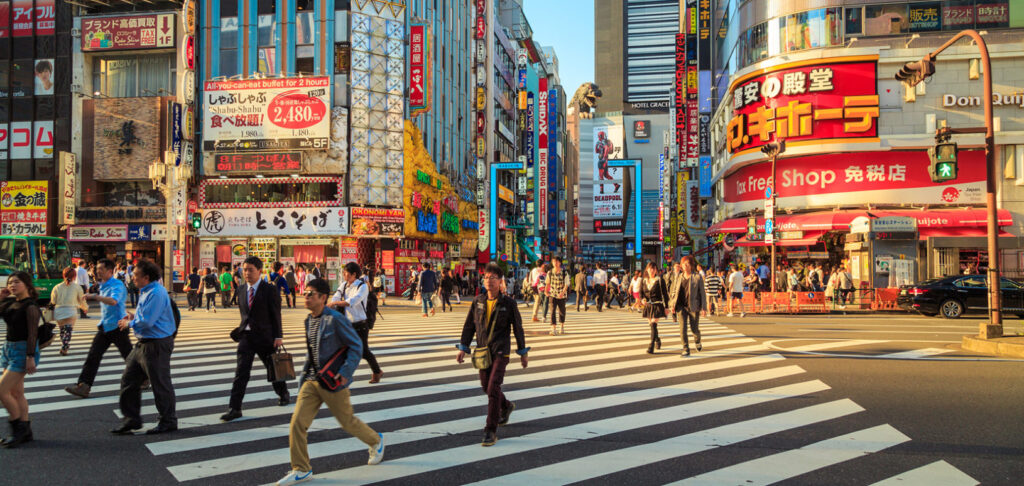
Pedestrian traffic outside and at stations is usually highly regulated. When walking on sidewalks and stairs and riding escalators, make sure to be on the left side to allow a smoother flow of motion. You will see signs at major public transport stations asking pedestrians to do so in Japanese and English.
The exception to this is Osaka, where you must stand on the right side of the escalators.
5- Wear easy shoes to take off
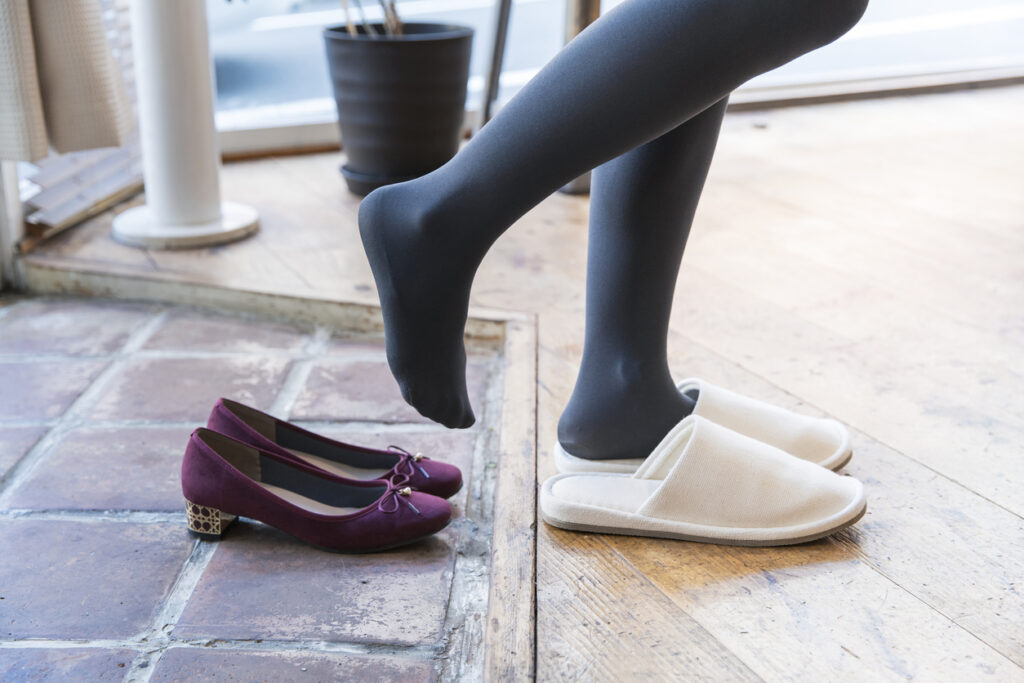
It is customary to take off shoes when entering homes in Japan. There are many cases where you should take off your shoes, including when entering temples, shrines, and even some restaurants. Because of this, it is probably better to wear snake shoes that you can take off and wear easily so as not to overwhelm yourself. Perhaps sneakers are easy to use and comfortable and are a practical choice for all kinds of weather.
6- There is no need to tip

Japan is renowned for its hospitality and distinctive customer service, making it easier for you to deal during your visit. However, this high-quality service is free; you do not need to pay for restaurants, hotel staff, or other workers who help you during your journey. Wages and prices reflect the service component in Japan, so you don’t have to worry.
Please note that some luxury restaurants may add additional service fees to your bill at the end.
7- Clean streets free of garbage bins
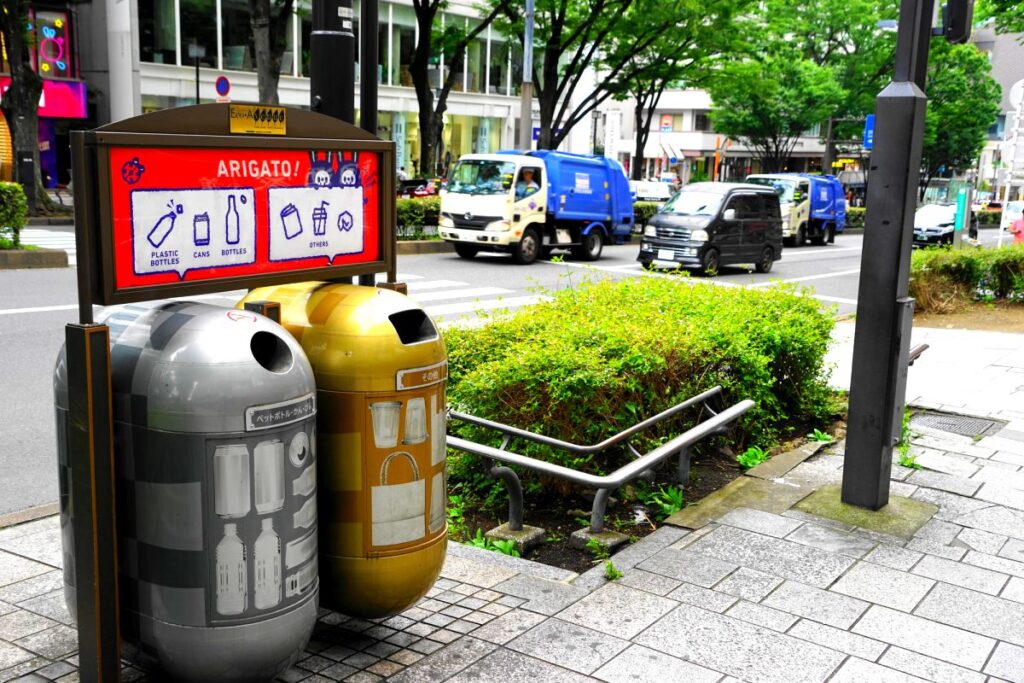
The first thing you notice when walking around the streets of celebrated Japan is hygiene that is well preserved, although there are few and sometimes no garbage bins, and this is said to be due to fear of terrorist operations after the sarin gas incident by the radical group Om Shenrikyo in the 1990s. During the visit, you may try to have different drinks, snacks, outdoor meals, or while moving, but how do you get rid of your garbage if there is no garbage bin?
One solution is to eat snacks and drinks where you bought them. If you forget to do this, you may have to wait until you reach your next destination or accommodation to dispose of your waste, because trash bins on the street are extremely rare.
Also, keep in mind that Japan secretes and divides the waste on strict terms. If you have a bottle of plastic drinks, cans, or paper waste, make sure to dispose of it in the container or the appropriate box.
8- Use of purposeful cabinets
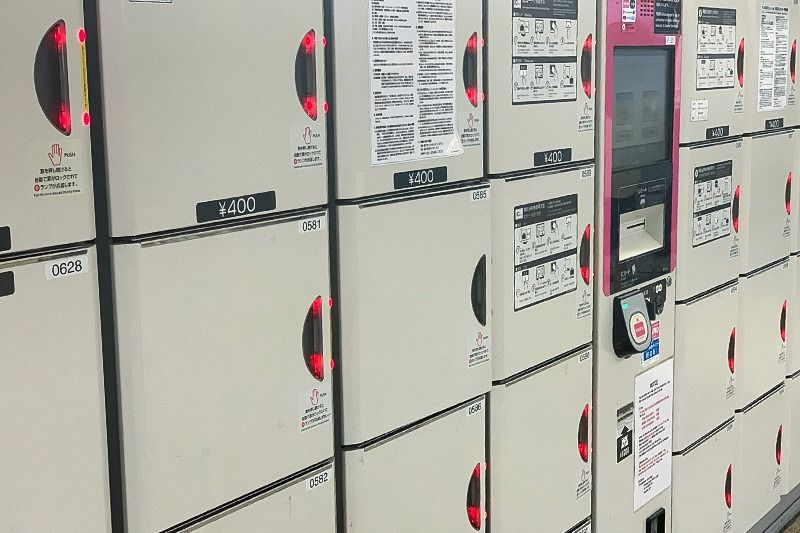
Part of the joy of traveling for many people is shopping. If you plan to buy some gifts and memorabilia but are not sure what to do with your extra luggage for the rest of the day, consider using purposeful cabinets dotted in and around train stations and tourist places in general.
There are cupboards of different sizes, from small to large, that can accommodate a large travel bag. Please note that on weekends and holidays, it can be difficult to find lockers available at major stations in major cities, such as Tokyo and Shibuya stations. However, it feels great to have luggage-free hands when you go on a sightseeing trip in Japan.
9- Any time is the right time to visit
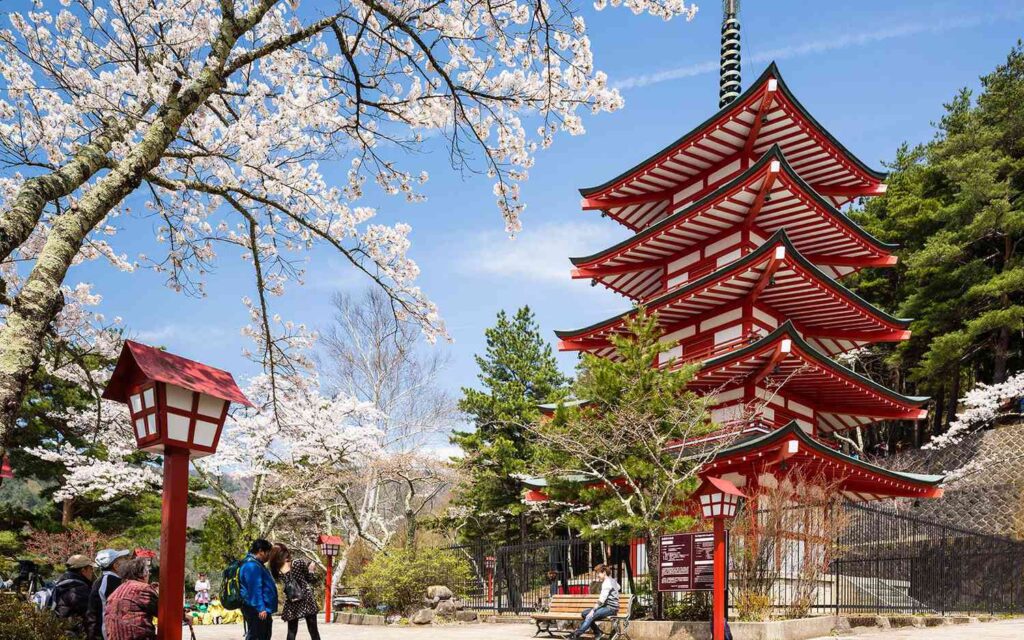
The seasonal changes in Japan are very distinct. Each season has its own nature and something that distinguishes it from the rest of the season. For example, in the spring you find the famous sakura flowers, and in the summer the season of distinctive fireworks that can be seen throughout Japan In autumn, the country is yellow and red, with tree leaves falling and the weather becoming refreshing. In the winter and as Christmas approaches, Japan’s public squares and streets are shaped by Christmas trees, decorations, and dazzling lights. With its glamorous lights and romantic atmosphere, Tokyo always catches the eye. Winter also brings clear skies and ice, ideal for winter sports in the northern and mountainous regions.
The sakura blossom season is one of the coolest in Japan. However, don’t worry if you can’t come in the spring. There is a lot to experience throughout the year, from differences in seasons to events, culture, festivals, and so on. Keep in mind that weather and temperatures vary greatly, so be prepared with the right outfit.
10- Japan is safe for individual travelers
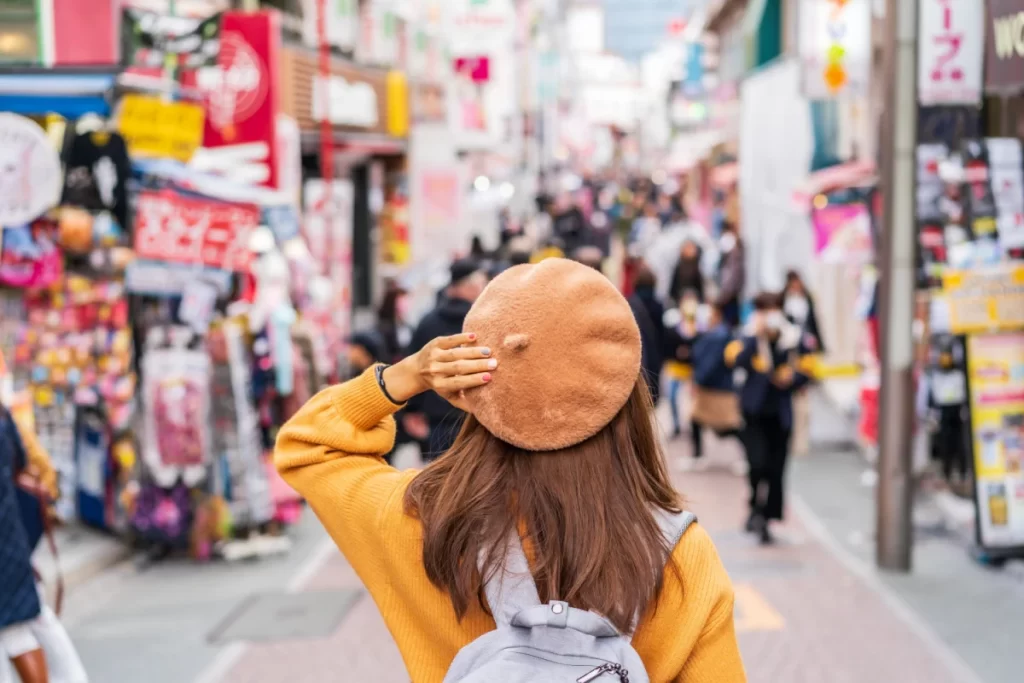
Japan is consistently high because of its safety due to the low crime rate, as the number of crimes in Japan declined for the fifteenth consecutive year in 2018. You’ll see young primary pupils walking and taking trains alone without the slightest problem.
Japan is also known for being the country where nothing is lost, and if you lose your bag, wallet, or mobile phone, it is not surprising that your holdings will return to you as they often are. However, it is best to always pay attention to your holdings until you have a great holiday without problems.






